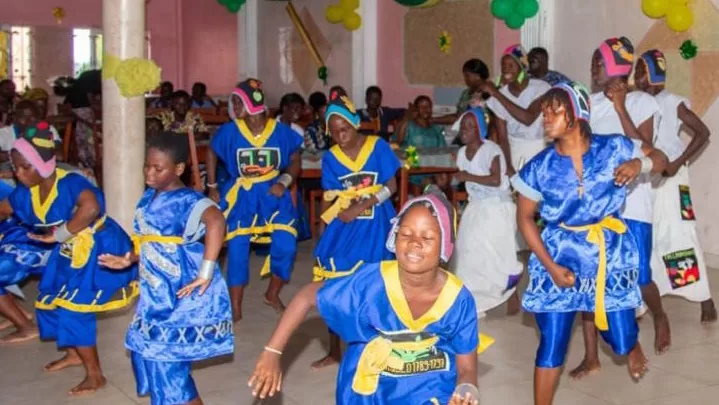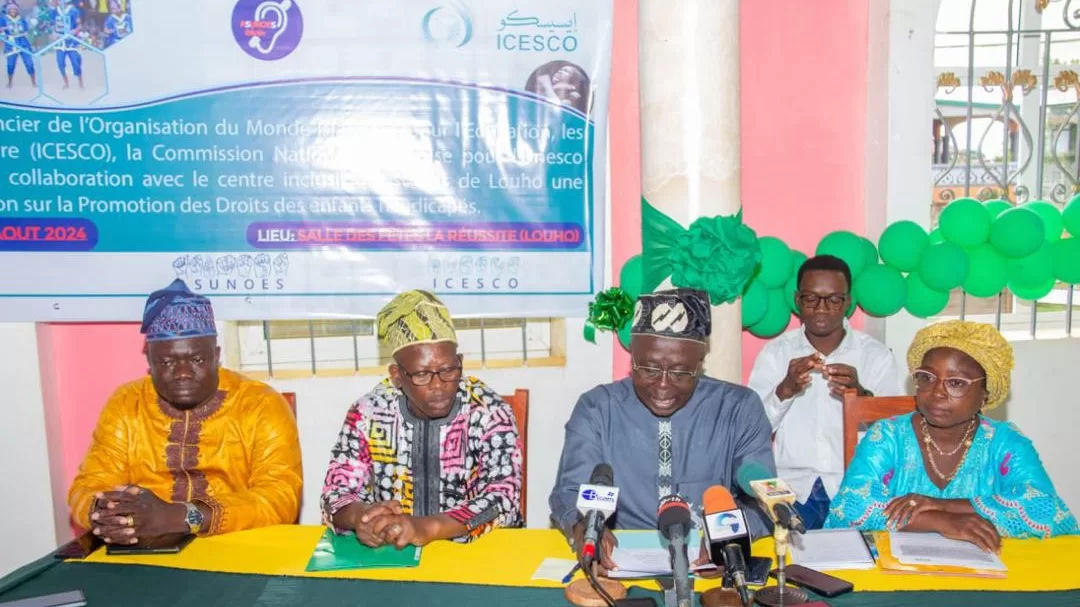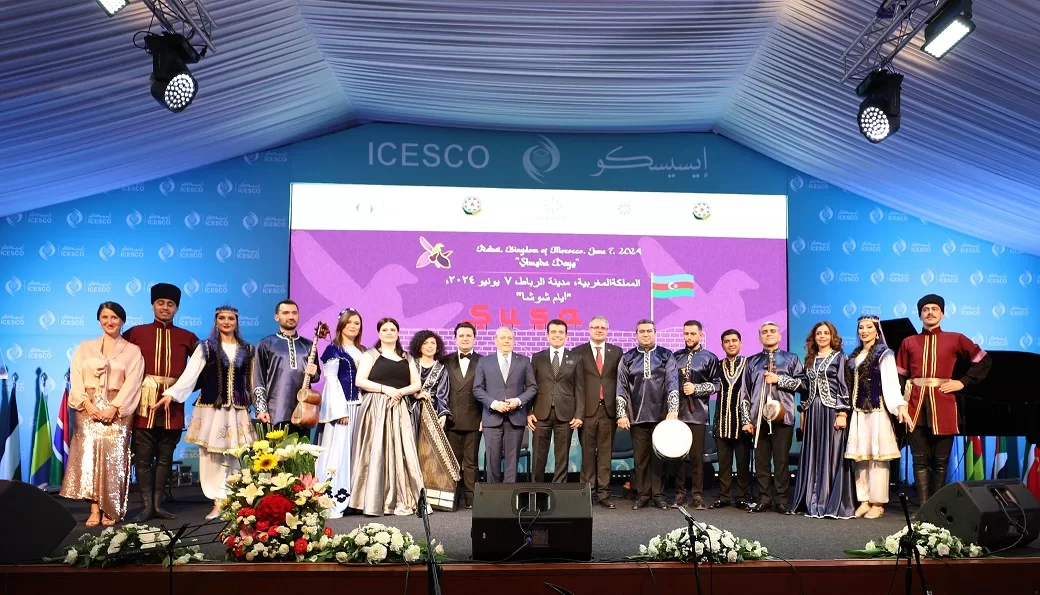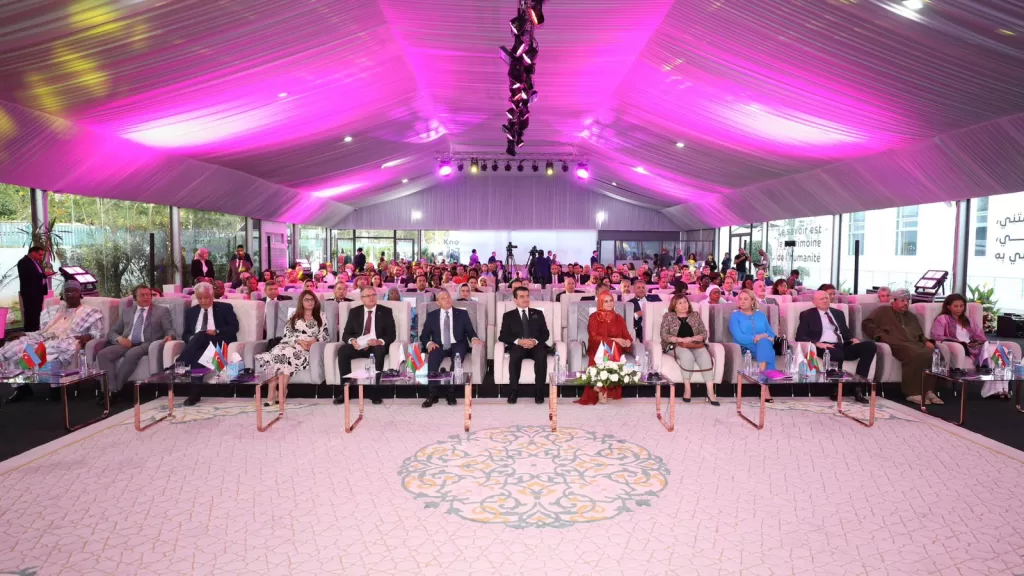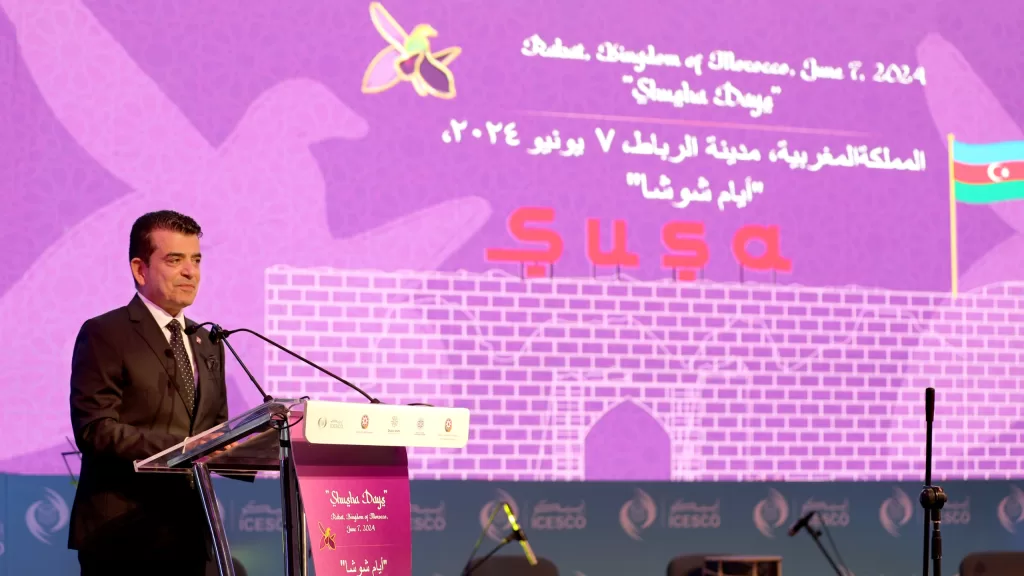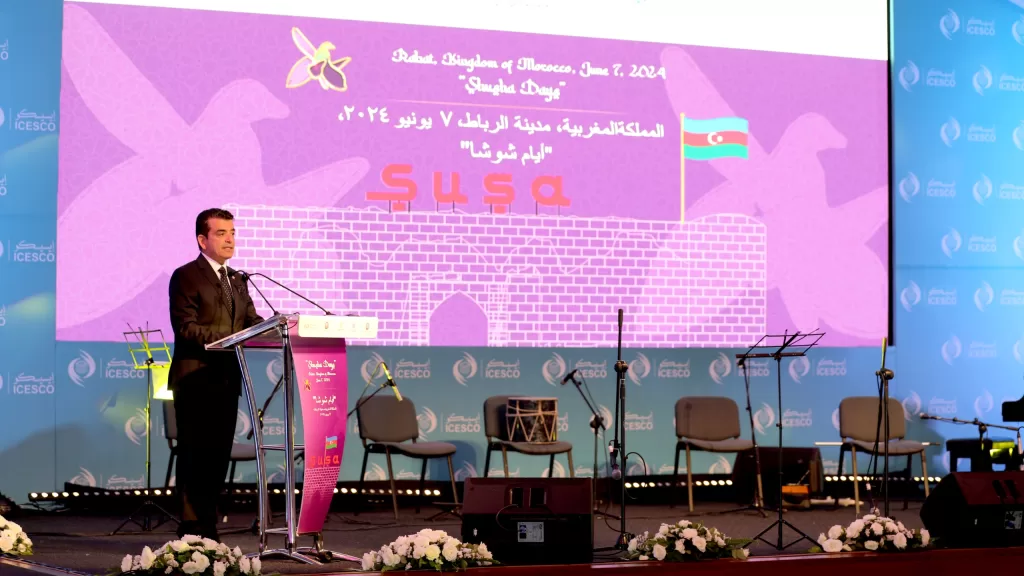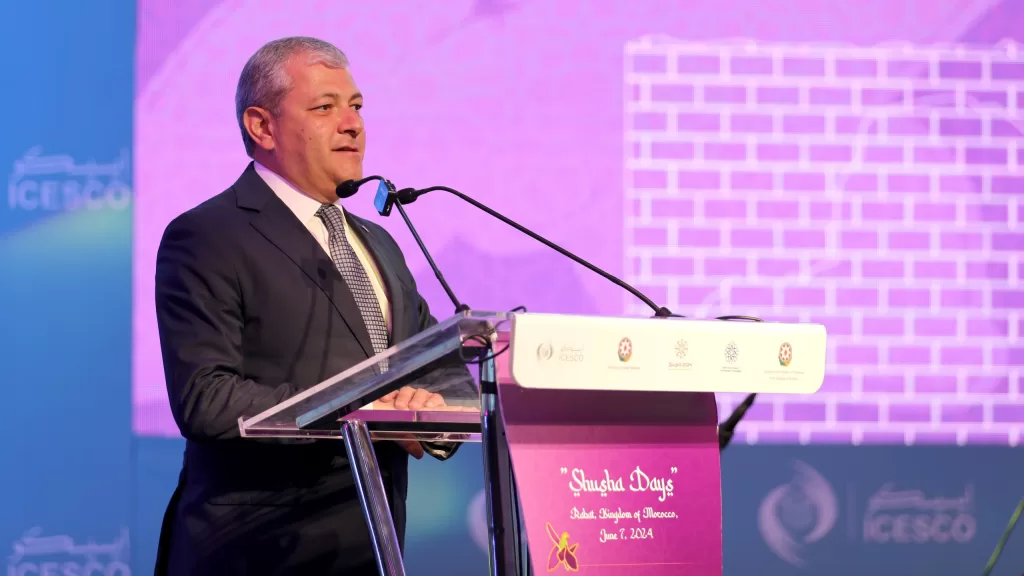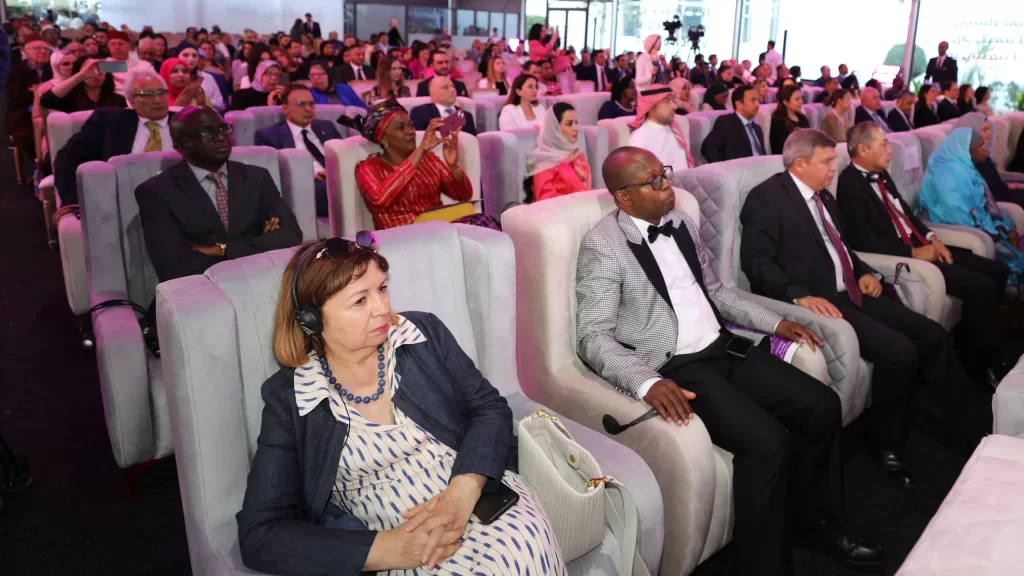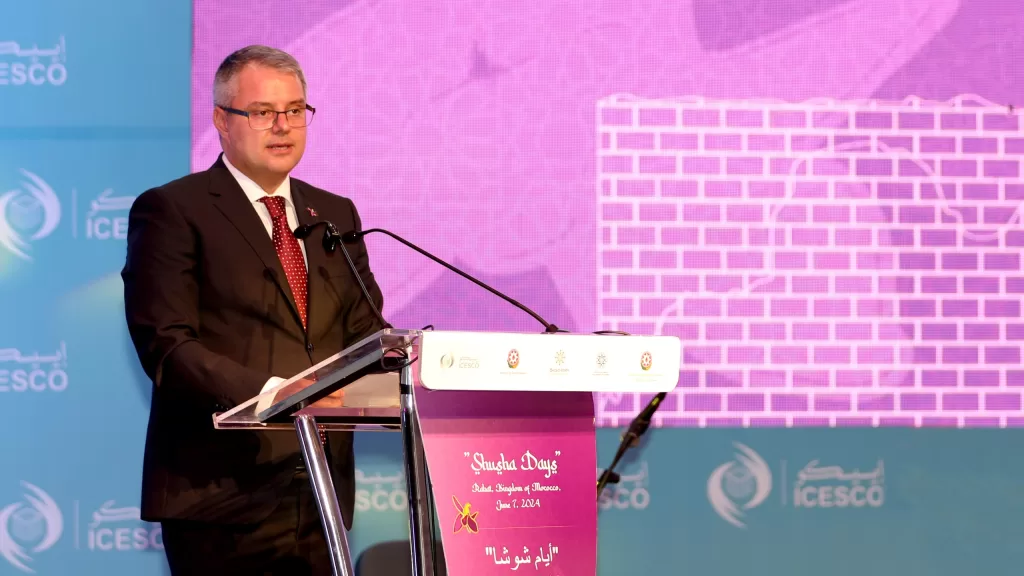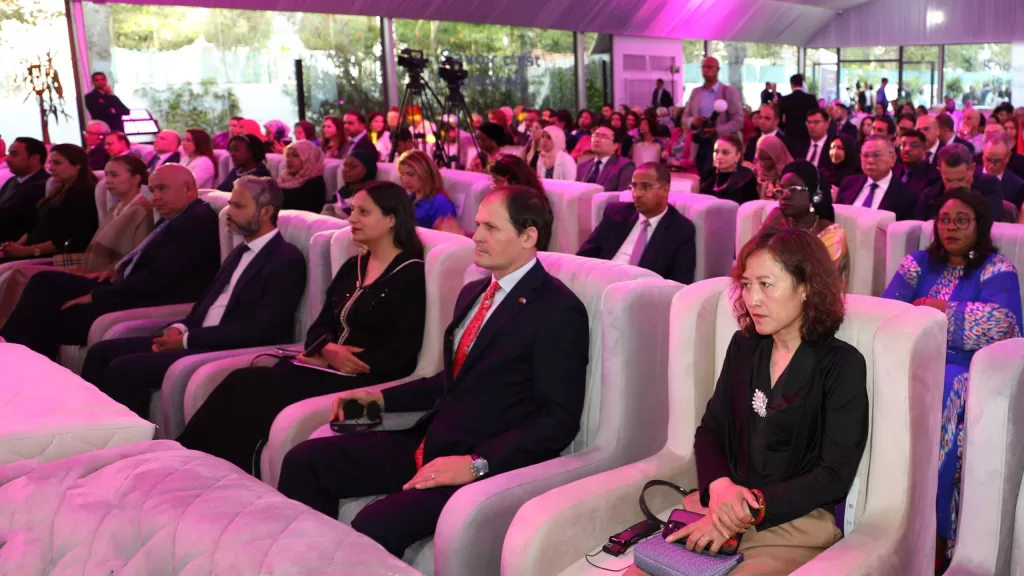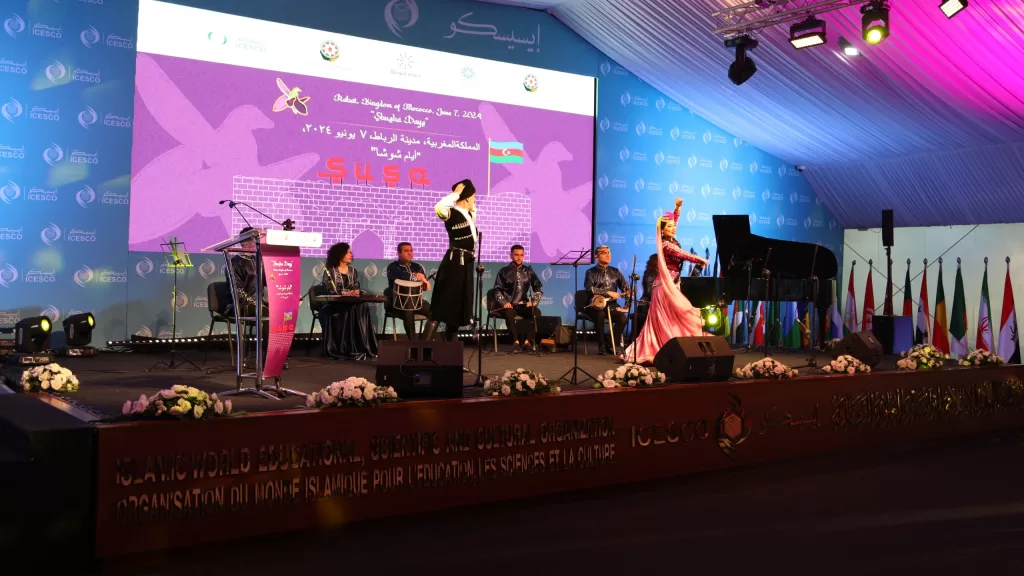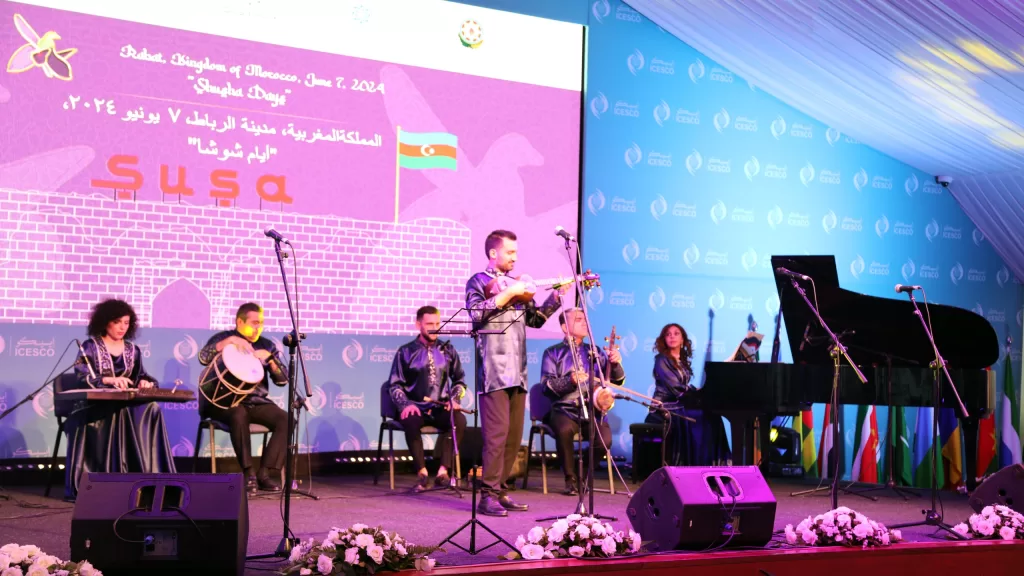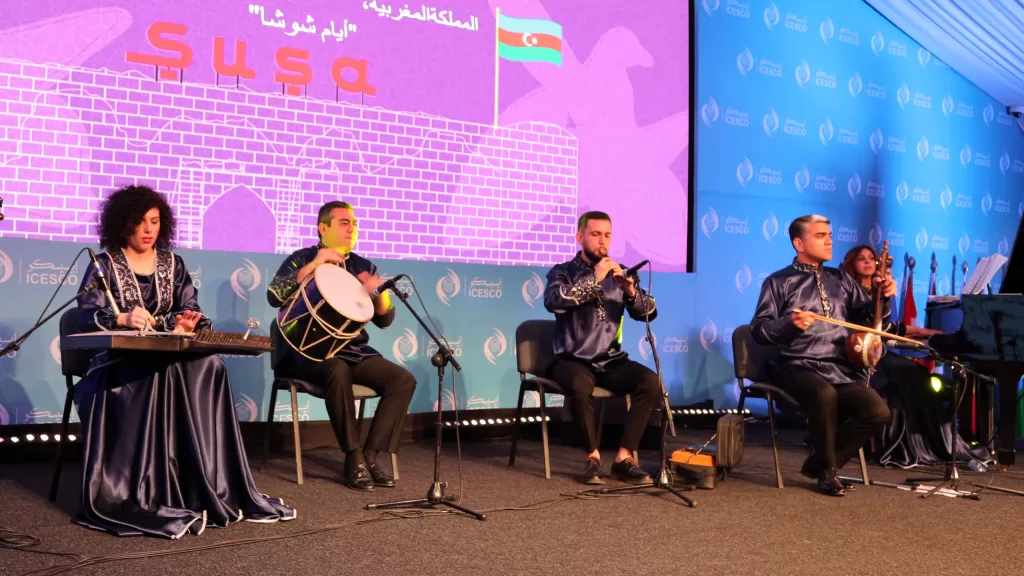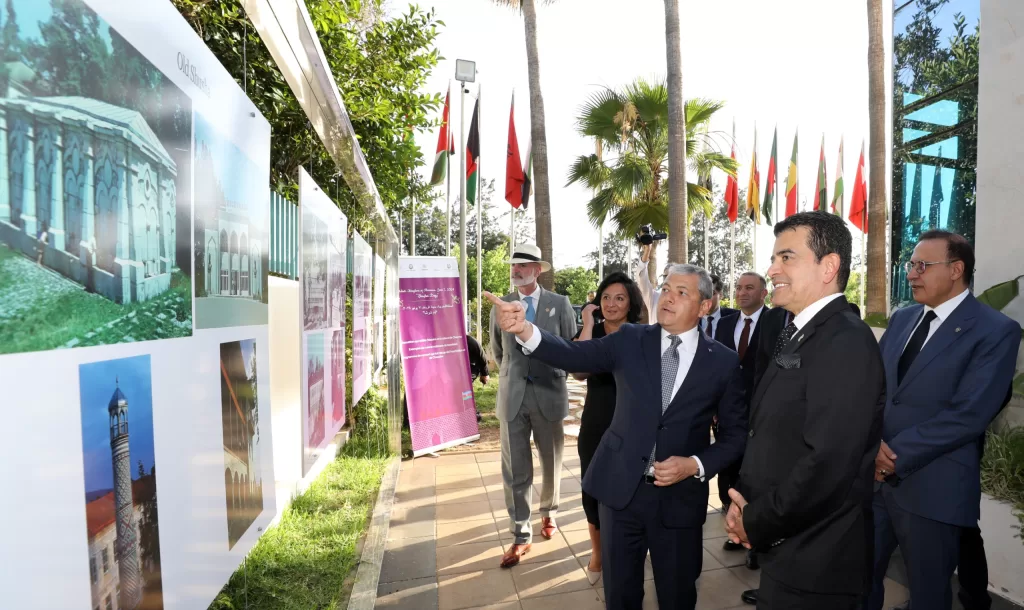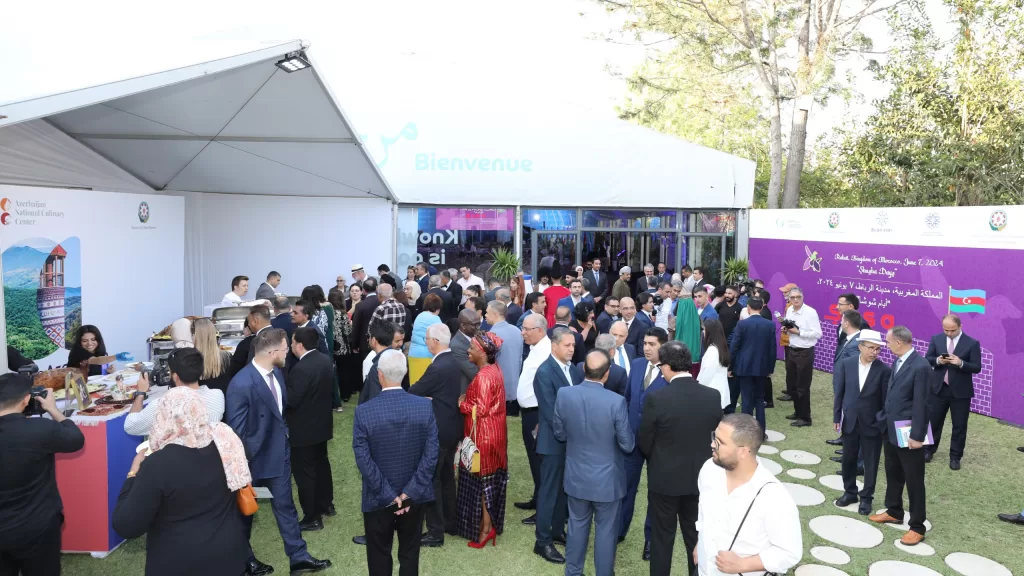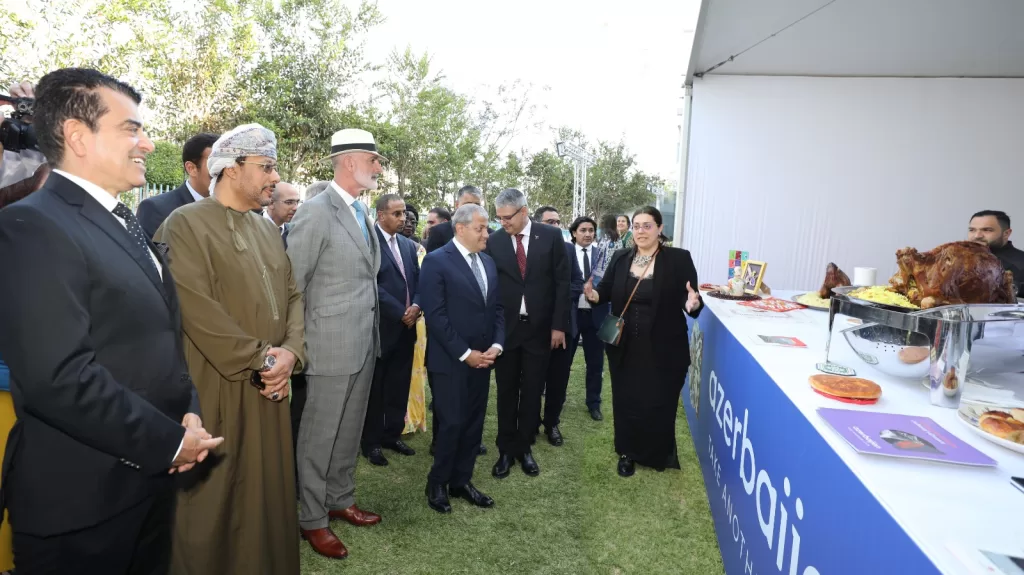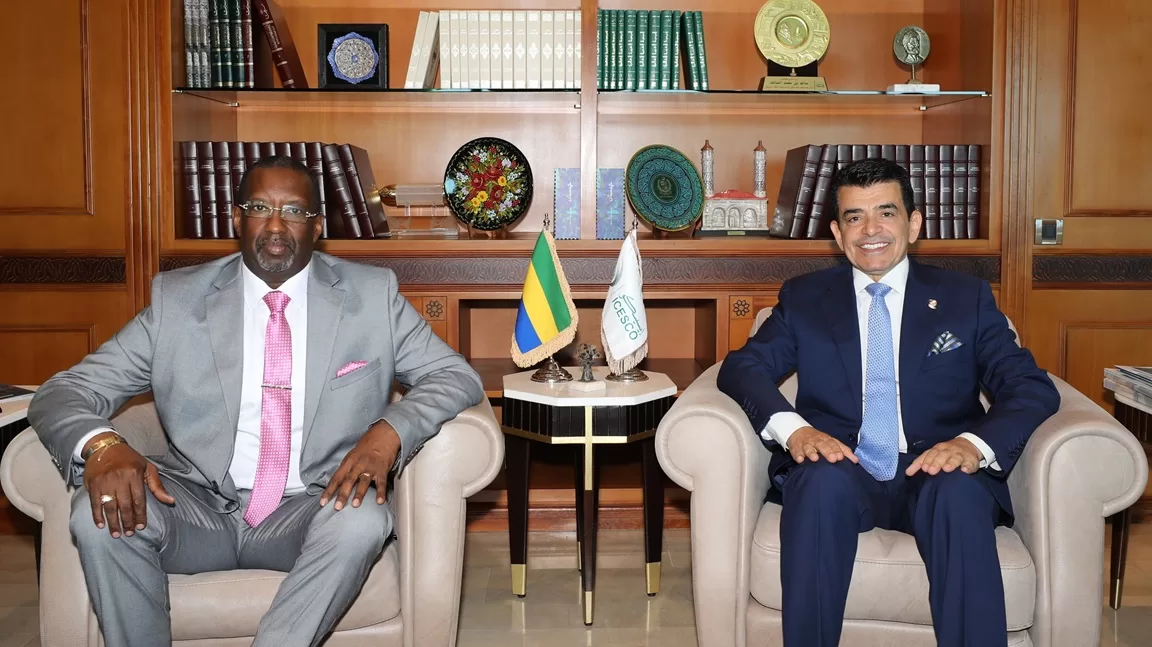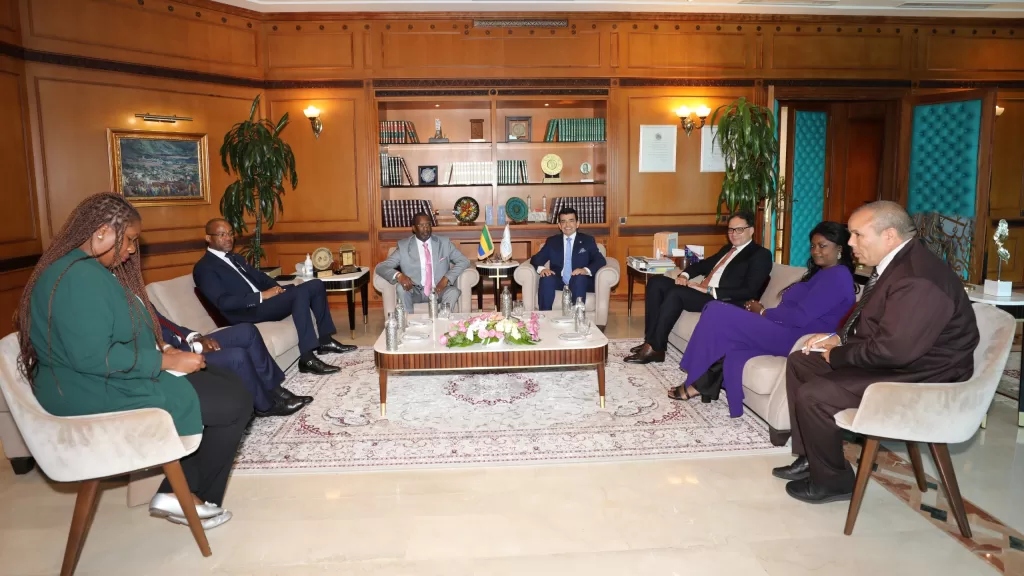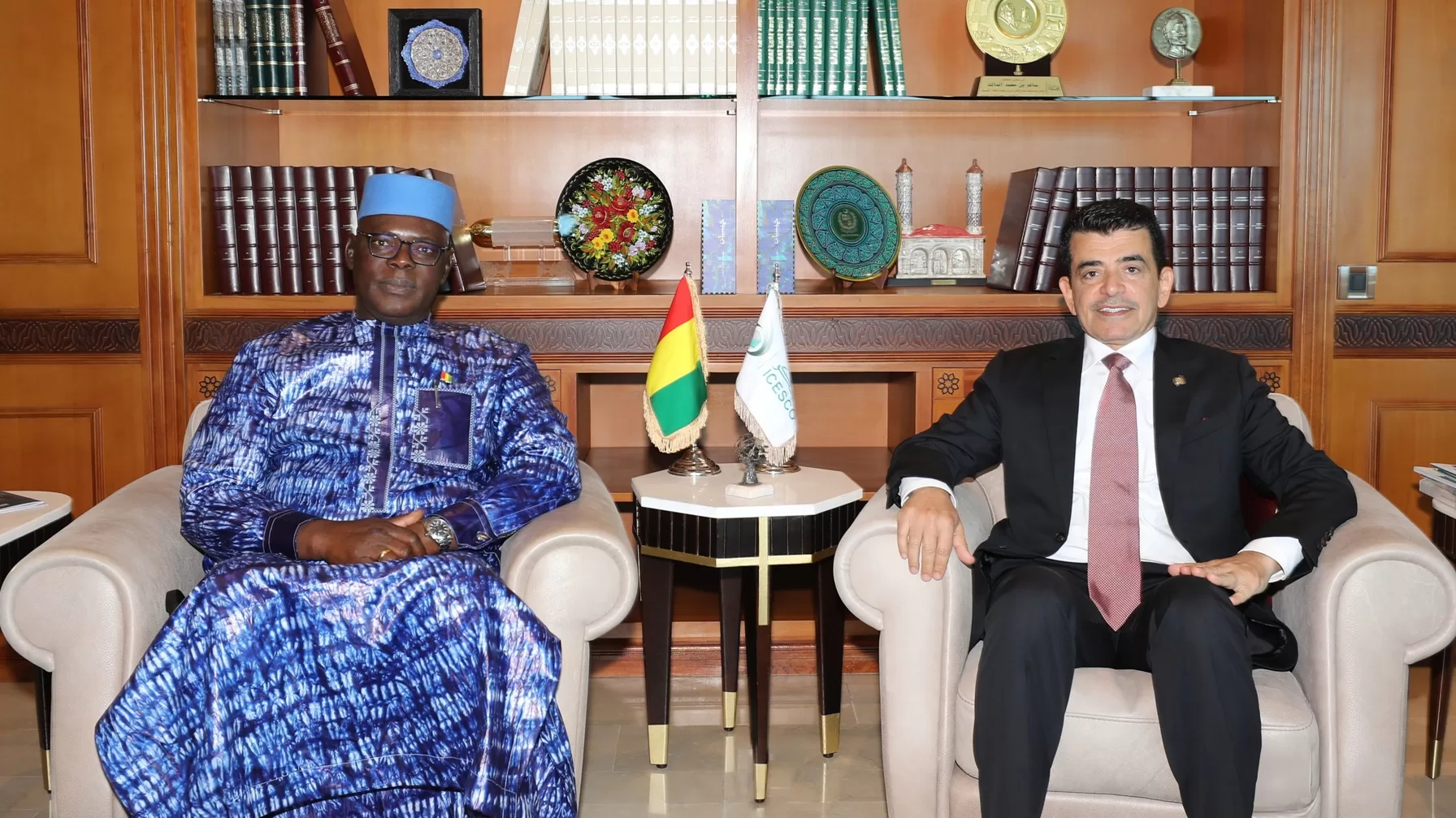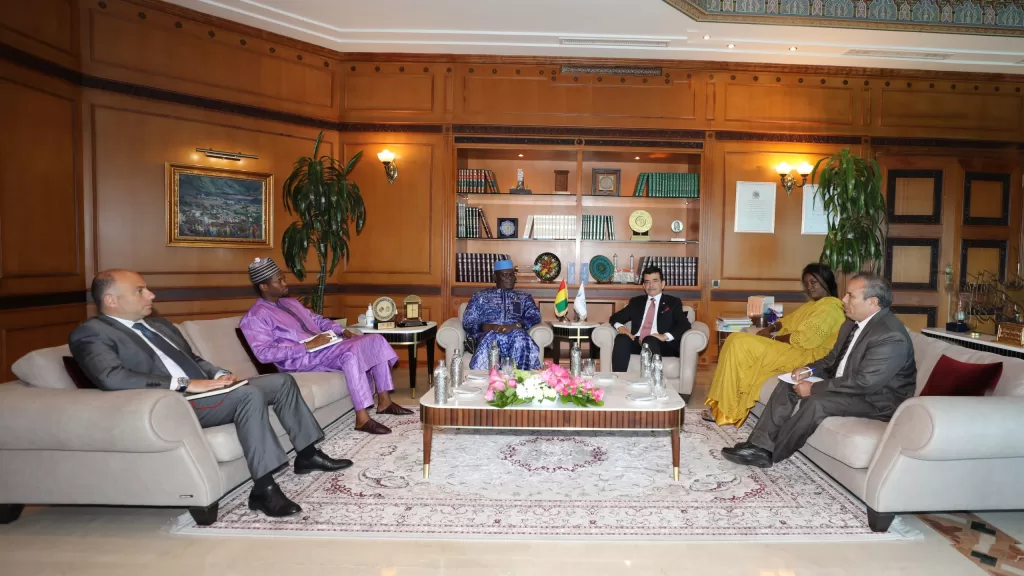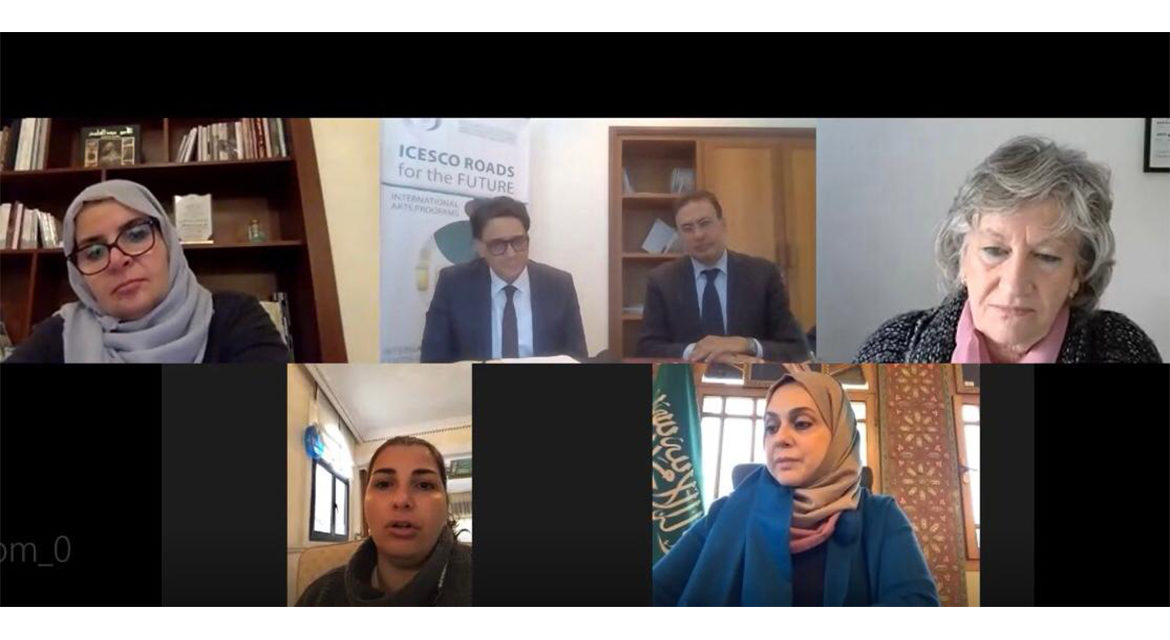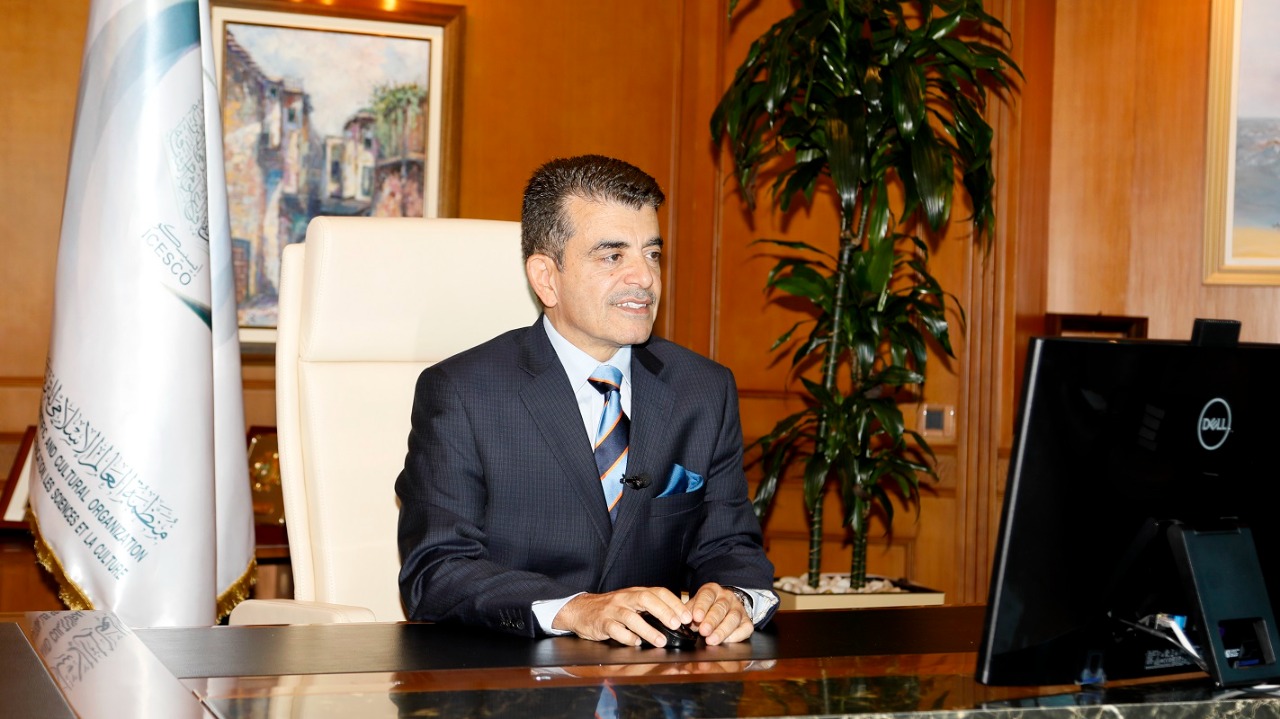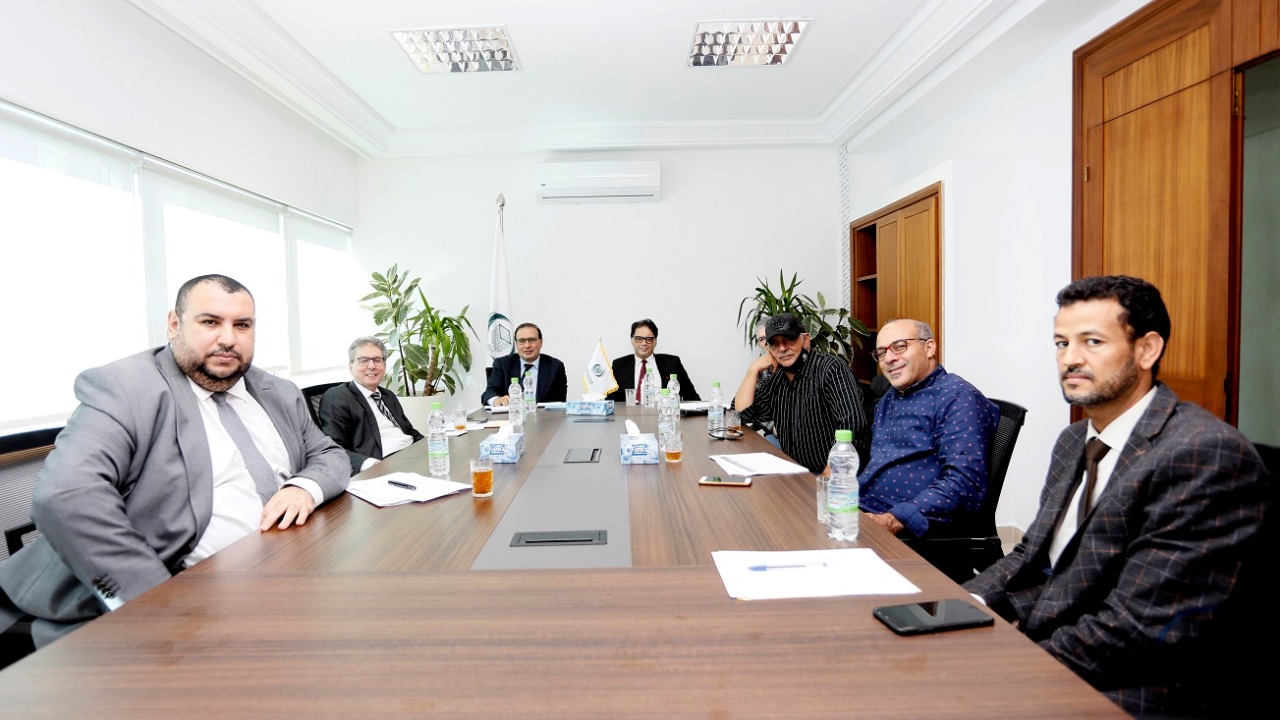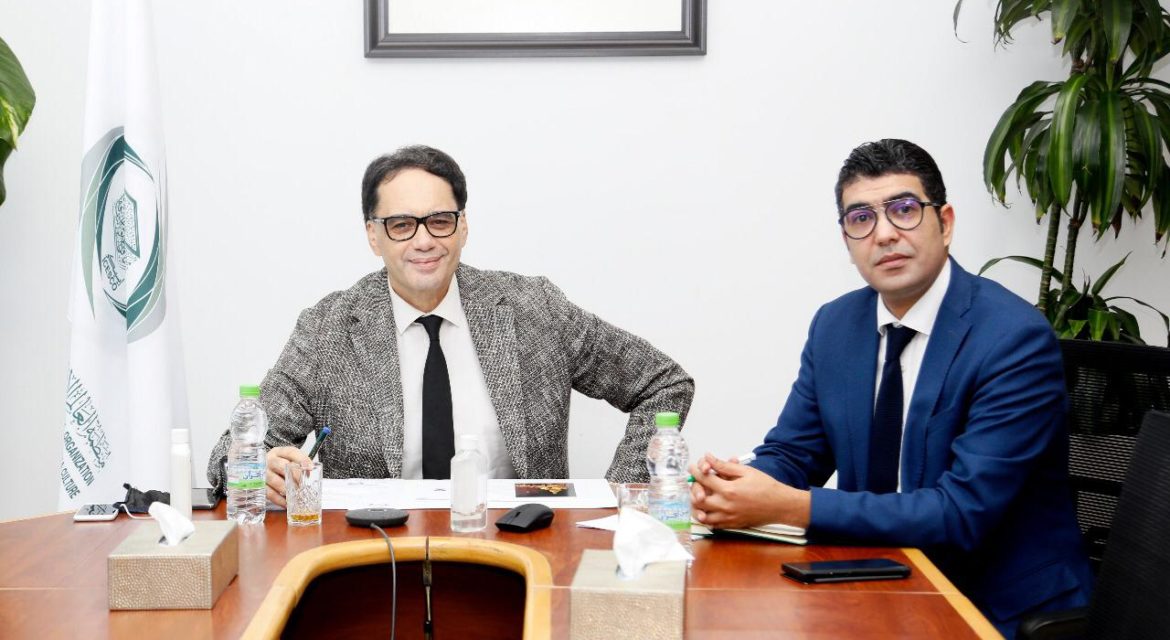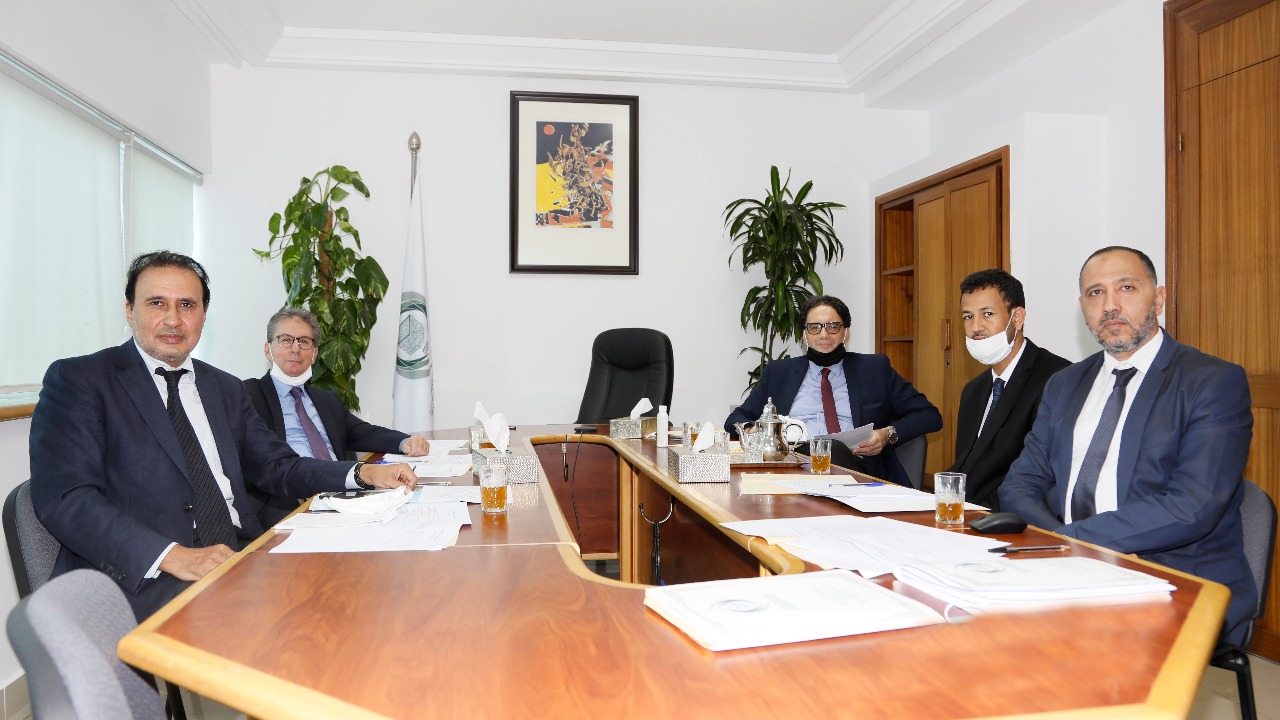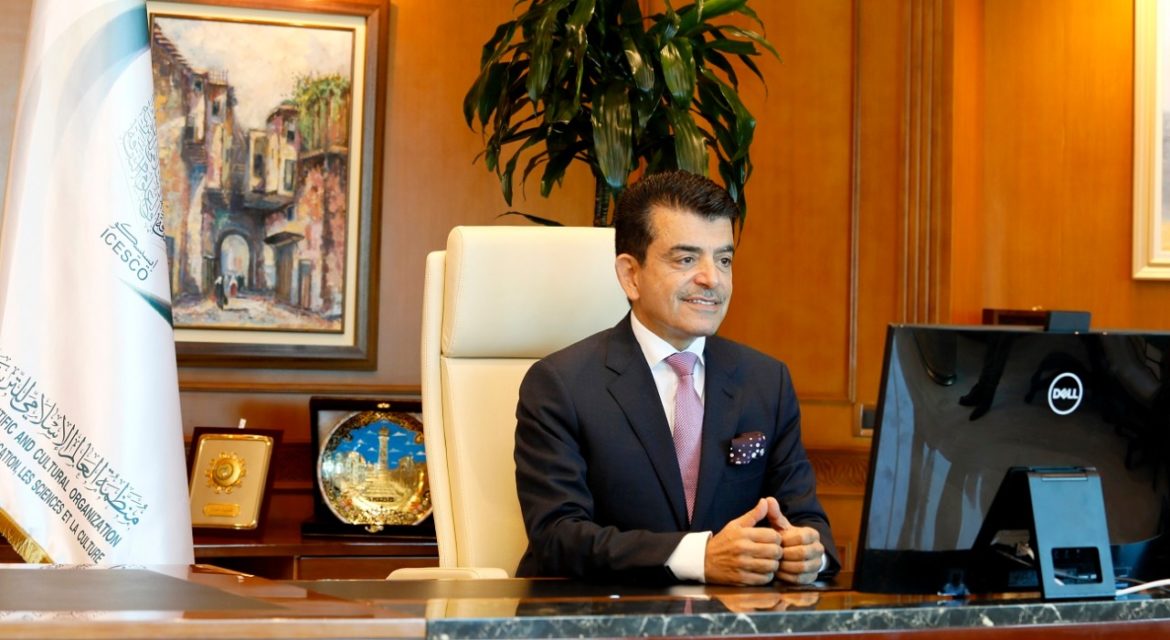Today, Wednesday, August 7, 2024, the training session held in Porto-Novo, the capital of the Republic of Benin, on promoting the rights of children with disabilities through artistic and cultural activities, concluded. The session was organized by the Culture and Communication Sector of the Islamic World Educational, Scientific and Cultural Organization (ICESCO), in partnership with the National Commission for UNESCO and ICESCO in Benin.
The session, which benefited 40 children with disabilities and lasted for three days, aimed to enhance knowledge of human rights and the necessity of respecting and ensuring them for all social segments. It also provided training in designing drama performances and paintings that disseminate awareness of the importance of respecting the rights of children with disabilities, especially deaf and mute children, within the educational and cultural environment.
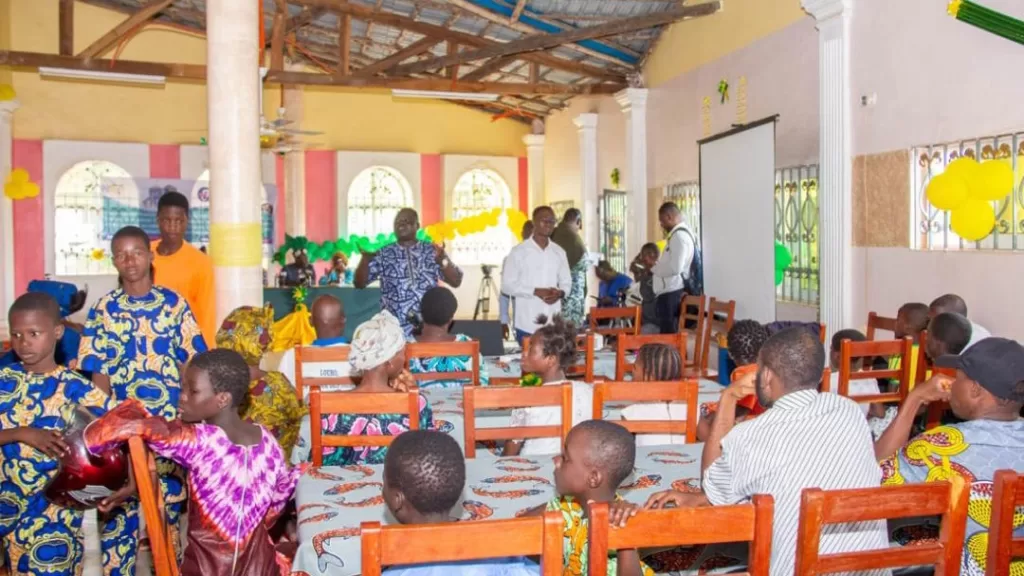
This session, which was supervised by trainers from the “Deaf Reception, Education and Integration Center” (Centre d’accueil, d’éducation et d’intégration des sourds) (CAEIS), à Louho, Benin, is part of the efforts of ICESCO’s Culture and Communication Sector to promote the right to access culture, develop creative economy, contribute to the integration of persons with disabilities into cultural and artistic activities, and employ their creative abilities through training sessions.
The opening ceremony of the session was attended by Raliou Arinloye, Deputy Director of Cabinet of the Minister of Pre-school and Primary Education, Benin, Dr Paulette Okpèicha Gnanvi, Secretary General of the National Commission for UNESCO and ICESCO in Benin, in addition to a number of officials in the cultural sector.
